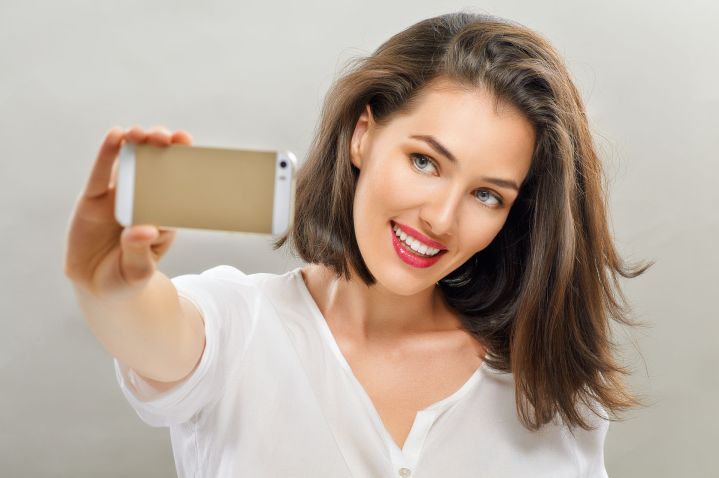
According to the researchers, individuals in the study used selfies to try to boost their confidence or their mood, along with other motivations like conforming and social competition. The research suggests that taking selfies can be an addictive behavior that also points to more underlying mental health issues, like low self-confidence.
To see if the hoax news story was actually based on an idea that could prove true, the researchers studied 200 individuals from the country with the highest rate of death by selfie, India. In that group, obsessive selfie-snapping correlated with six other behaviors, including looking for attention and the less-disastrous, looking to make a memory.
For study participants, 34 percent had borderline selfitis, 40.5 percent acute and 25.5 percent chronic based on a new scale developed for the study. The obsessive selfie-taking was more likely to hit males at 57.5 percent compared to 42.5 for females. Less surprisingly, the 16-to-20-year-old age group, the youngest in the study, was also the most susceptible. Nine percent took more than eight selfies a day while about 25 percent shared at least three images on social media every day.
The research group also developed a set of questions that help individuals determine whether their level of selfie-taking is abnormal, included at the end of the research report.
The researchers suggest that additional research could explore selfitis across different ages and geographic regions for a more representative sample. Selfitis isn’t classified as an official mental disorder, but the research is the first to explore the possibility.
The researchers also noted that selfitis isn’t the only hoax that ended up inspiring academic research — internet addiction followed a similar path.
Updated to correct an error regarding selfitis being classified as an official medical condition.



